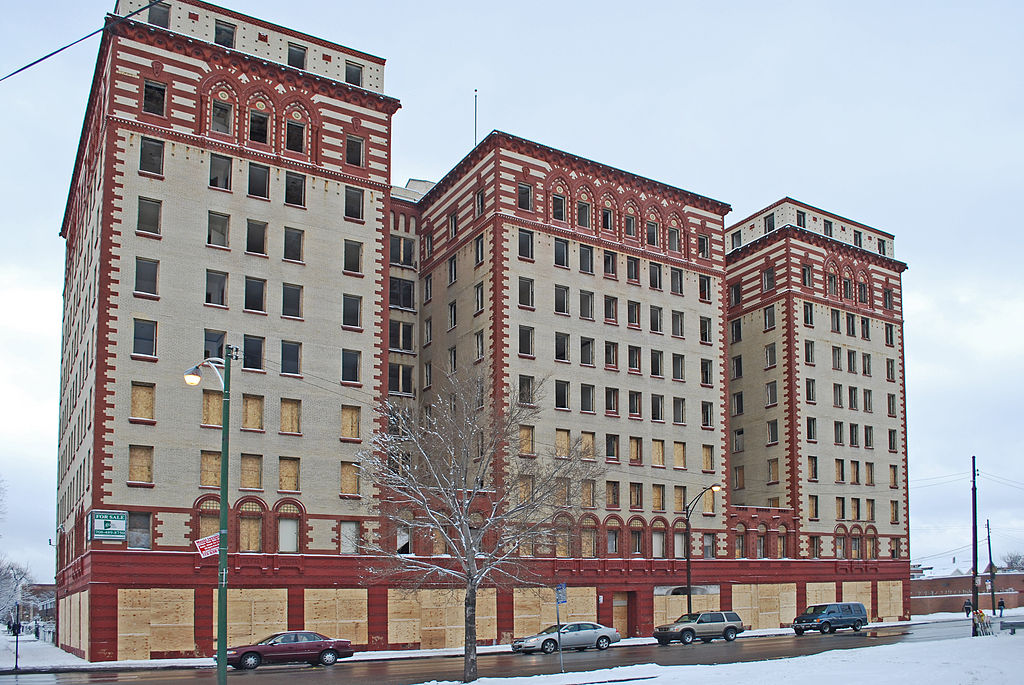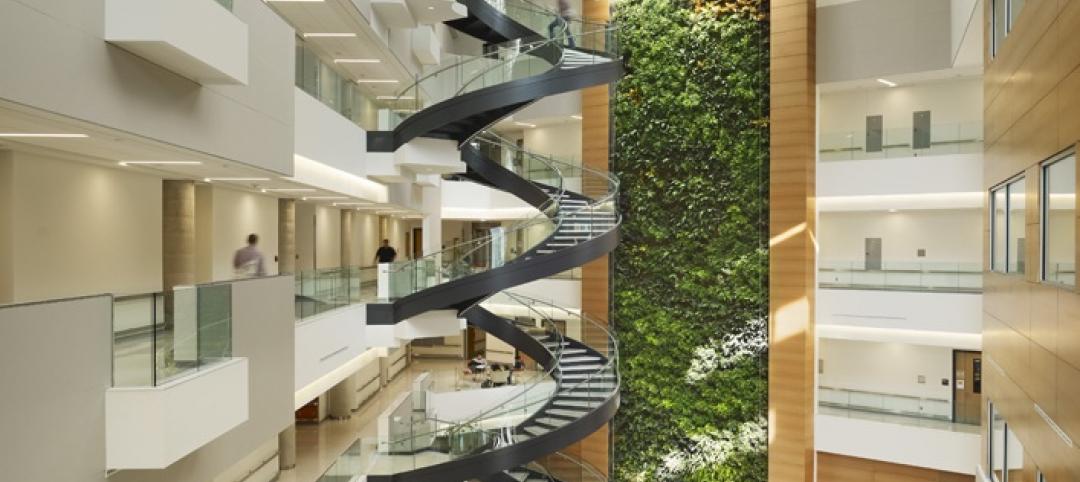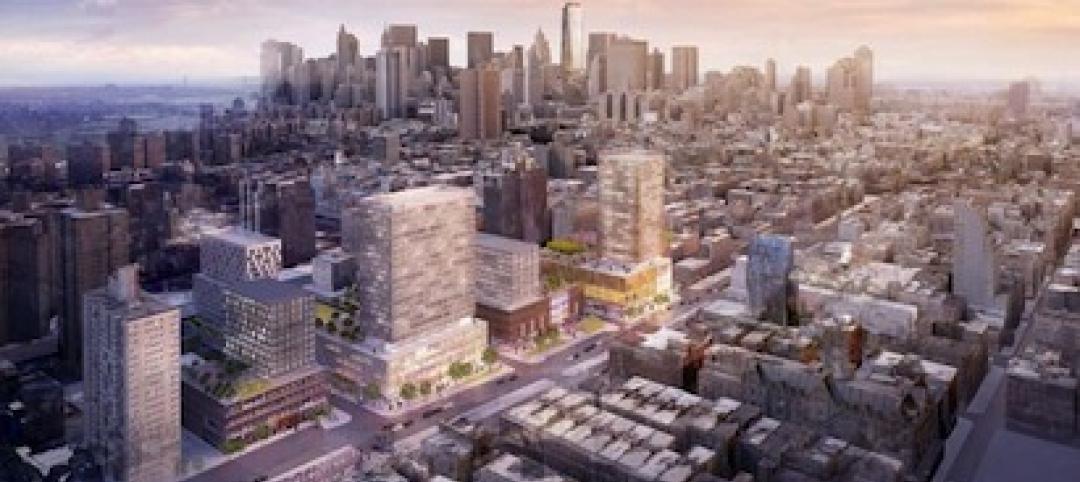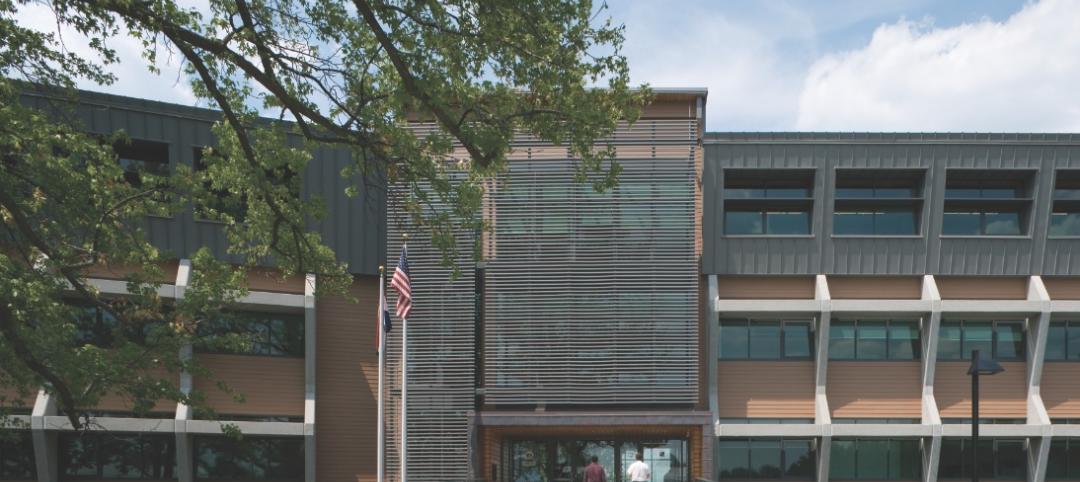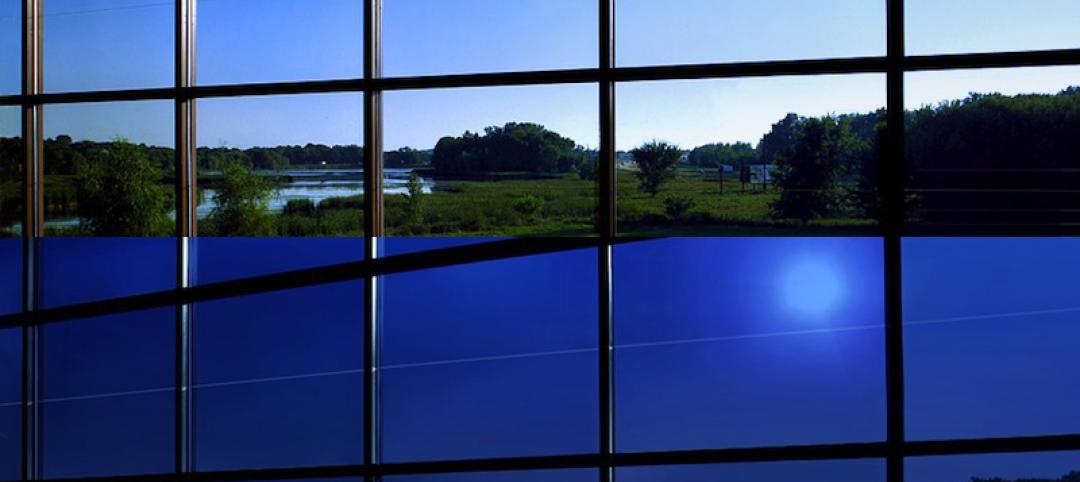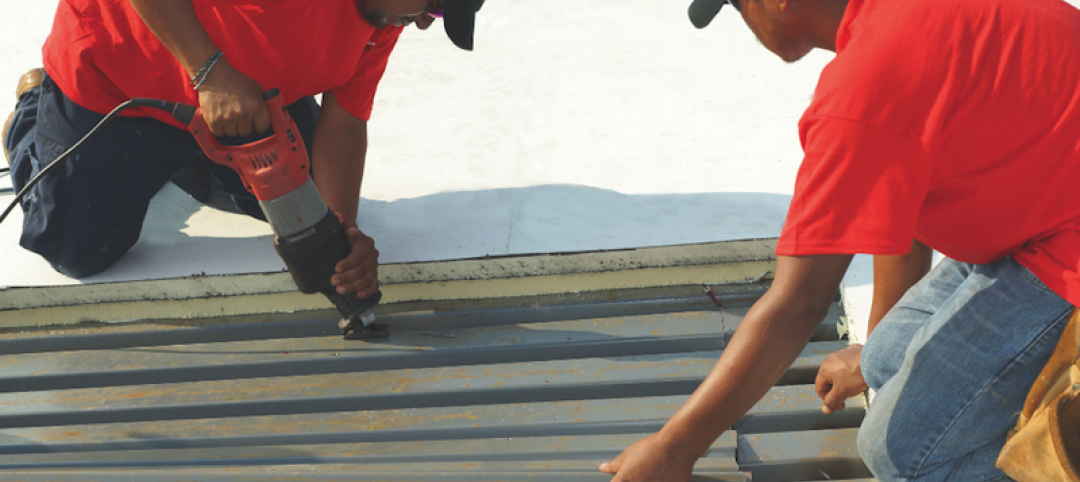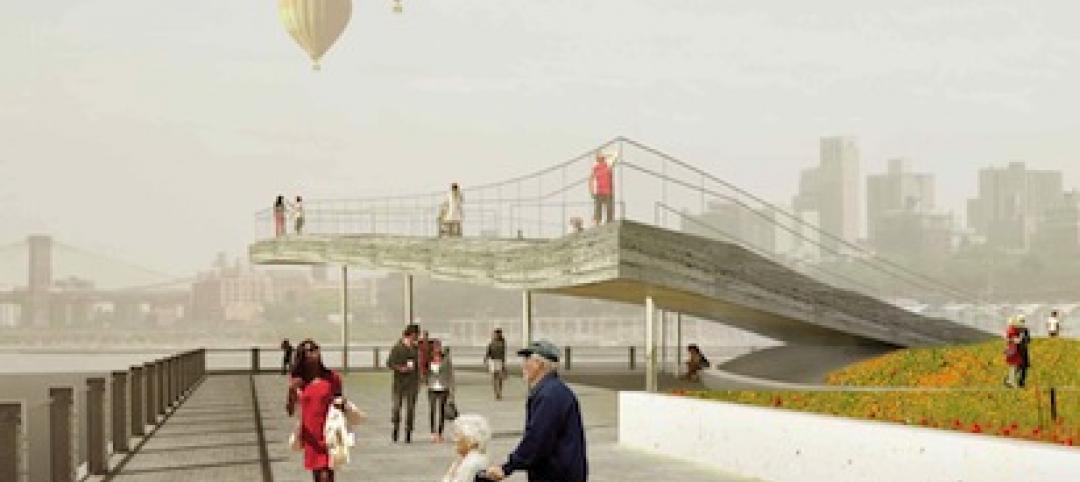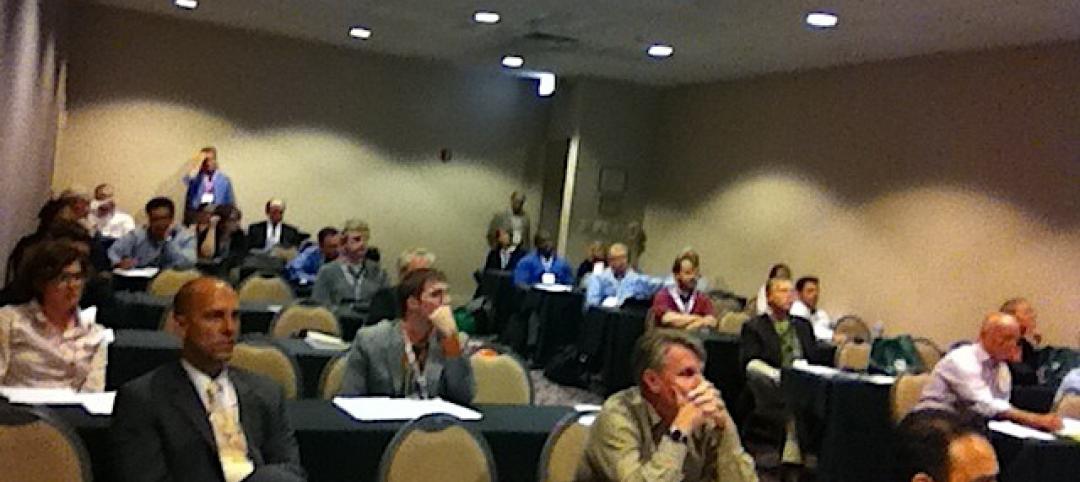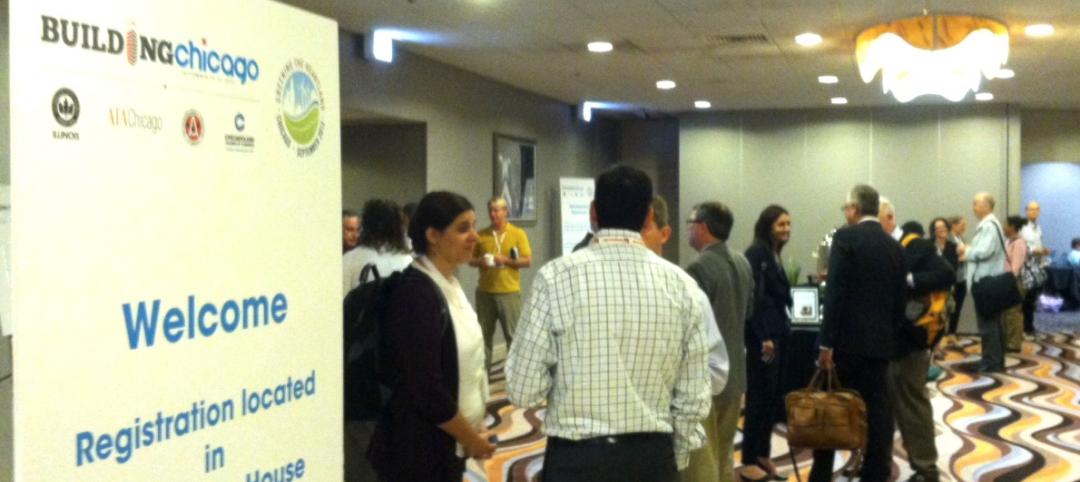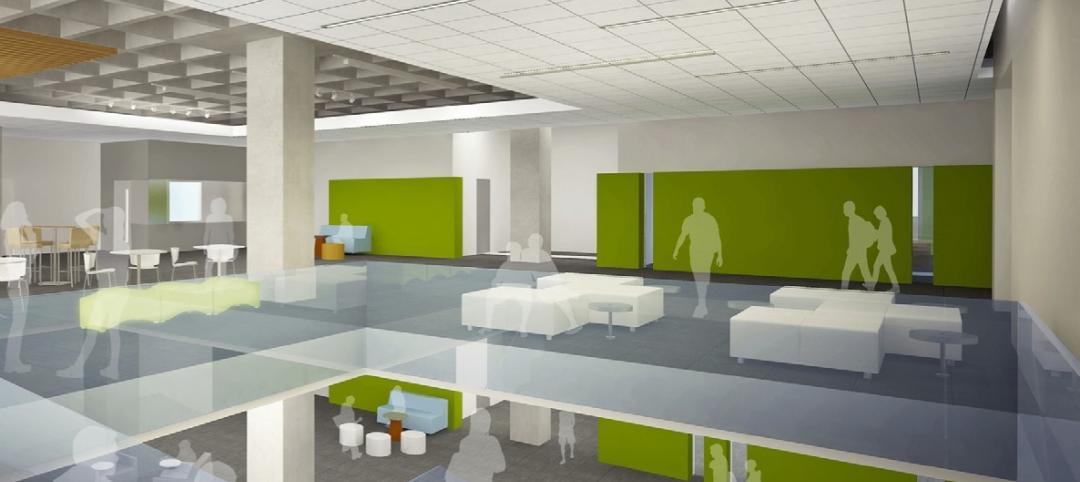On Tuesday, Preservation Chicago published its 2014 list of Chicago's 7 most threatened buildings.
On the list is St. Adalbert Church, designed by Henry J. Schlacks in 1874, with its notable 185-foot-high twin towers.
Also included are the Fisk and Crawford power plants, which, according to Preservation Chicago, "redeveloped and refined the mammoth production of electricity to a growing city and region at a magnitude not seen at that time. The success of these two facilities were copied and replicated around the world. Yet this all began in Chicago."
The Guyon Hotel made the list for the second year in a row.
Here's the full list (descriptions courtesy Preservation Chicago, Cinema Treasures, and Wikipedia):
1. St. Adalbert Catholic Church - Originally constructed for a Polish congregation in the Pilsen neighborhood, St. Adalbert Roman Catholic Church is a Renaissance Revival complex designed by noted church architect Henry J. Schlacks, who worked for a time in the offices of Adler & Sullivan. It’s soaring 185- foot twin towers are the highest structures in the Pilsen neighborhood and easily recognizable.
2. Crawford, Fisk Power Houses - The two enormous Fisk and Crawford electrical-generating coal-fired stations or power plants date from 1903 and 1926 and were originally considered engineering wonders of the modern world. Both plants are by noted architects and both achieved the previously impossible task of employing technology to create the world’s largest electrical generators, based entirely upon the steam engine turbine. These systems redeveloped and refined the mammoth production of electricity to a growing city and region at a magnitude not seen at that time. The success of these two facilities were copied and replicated around the world. Yet this all began in Chicago.
3. Guyon Hotel - Originally part of a large commercial business district on the city’s West Garfield Park neighborhood, the long and steady decline of the community has only further made the rehabilitation of this rare and magnificent Moorish Revival hotel more challenging. Constructed of red and cream brick with deep red terra cotta detailing, the Guyon Hotel’s interior is also in need of restoration. The site has had multiple owners over the years and was finally converted from a residential hotel to single- room-occupancy apartments in the late 1980s. Listed 2012 on Landmarks Illinois’ 10 Most Endangered list and last year on our Chicago 7 list in 2013, the Guyon’s sheer magnitude and scale make the structure a formidable building to renovate and restore.
4. Francis Scott Key Public School - The Francis Scott Key Public School, designed by Dwight Perkins, was among the nearly 50 schools that were closed by the Chicago Public Schools in 2013. Key is one of the schools in a high state of preservation and designed by a noted architect that is now vacant and lacks a new use plan.
5. Madison/Wabash Station House - The Madison/Wabash elevated station house and metal canopies located on Chicago’s historic Loop Elevated is the last original station on the east section of the Loop to retain its original station house. Most of the others were removed or destroyed beginning in the 1950s. It displays marvelous classical detailing, pilasters and ornamental stamped metal. This station house forms a backdrop to the historic Louis Sullivan- designed Schlesinger & Mayer/Carson Pirie Scott building along with the adjacent buildings by D. H. Burnham and Holabird & Roche. It’s also situated atop the Jewelers’ Row Chicago Landmark District.
6. The Jeffrey Theater - The Jeffery Theater, constructed in 1923 in the heart of the South Shore neighborhood’s then-bustling commercial center, E. 71st Street between Euclid Avenue and Jeffery Boulevard, was opened a year later as a vaudeville and movie house for the Cooney Brothers circuit. The Neo-Classical style theater could seat just under 1,800, and was designed by architect William P. Doerr (who also designed the Neo-Georgian style East Park Towers in Hyde Park). It had a tall vertical marquee which rose over the facade of the theater, and could be seen up and down 71st Street. Description source: Cinema Treasures
Related Stories
| Oct 4, 2013
Nifty video shows planned development of La Sagrada Familia basilica
After 144 years, construction on Gaudi's iconic Barcelona edifice is picking up speed, with a projected end date of 2026.
| Sep 24, 2013
8 grand green roofs (and walls)
A dramatic interior green wall at Drexel University and a massive, 4.4-acre vegetated roof at the Kauffman Performing Arts Center in Kansas City are among the projects honored in the 2013 Green Roof and Wall Awards of Excellence.
| Sep 23, 2013
Six-acre Essex Crossing development set to transform vacant New York property
A six-acre parcel on the Lower East Side of New York City, vacant since tenements were torn down in 1967, will be the site of the new Essex Crossing mixed-use development. The product of a compromise between Mayor Michael Bloomberg and various interested community groups, the complex will include ~1,000 apartments.
| Sep 19, 2013
What we can learn from the world’s greenest buildings
Renowned green building author, Jerry Yudelson, offers five valuable lessons for designers, contractors, and building owners, based on a study of 55 high-performance projects from around the world.
| Sep 19, 2013
6 emerging energy-management glazing technologies
Phase-change materials, electrochromic glass, and building-integrated PVs are among the breakthrough glazing technologies that are taking energy performance to a new level.
| Sep 19, 2013
Roof renovation tips: Making the choice between overlayment and tear-off
When embarking upon a roofing renovation project, one of the first decisions for the Building Team is whether to tear off and replace the existing roof or to overlay the new roof right on top of the old one. Roofing experts offer guidance on making this assessment.
| Sep 17, 2013
First look: BIG+MVVA proposal for Pier 6 at Brooklyn Bridge Park
BIG’s proposal for Brooklyn Bridge Park, a project that has revitalized the New York City waterfront, consists of a 6,000 ft2 (560 m2) triangular cross-laminated timber structure, serving both as pavilion and platform. Sloping upwards 17.5 feet (5.3 m) in height from the foot of the large gathering lawn, the platform provides magnificent views of the surrounding harbor, the Statue of Liberty, the Manhattan skyline, and the Brooklyn Bridge.
| Sep 11, 2013
BUILDINGChicago eShow Daily – Day 3 coverage
Day 3 coverage of the BUILDINGChicago/Greening the Heartland conference and expo, taking place this week at the Holiday Inn Chicago Mart Plaza.
| Sep 10, 2013
BUILDINGChicago eShow Daily – Day 2 coverage
The BD+C editorial team brings you this real-time coverage of day 2 of the BUILDINGChicago/Greening the Heartland conference and expo taking place this week at the Holiday Inn Chicago Mart Plaza.
| Sep 3, 2013
'School in a box' project will place school in San Diego public library
Thinking outside the box, LPA Inc. is designing a school inside a box. With an emphasis on three E’s—Engage, Educate, and Empower—e3 Civic High is now being constructed on the sixth and seventh floors of a public library in downtown San Diego. Library patrons will be able to see into the school via glass elevators, but will not have physical access to the school.


